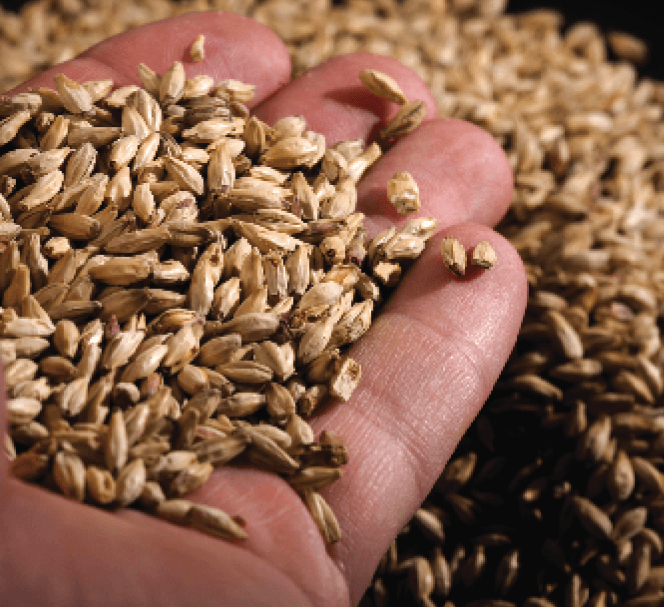Topic: Ingredients
Wake Up and Smell the Coffee
Many brewers start their morning with a cup of coffee and end their evening with a glass of beer. It was only a matter of time before someone thought to combine the
Brewing with Alternative Rice Forms
Seeking a crispness to a beer style with the addition of rice? Save time by skipping the cereal mash and use an alternative like flaked, malted, or extract rice.
Storing Ingredients
One of the easiest ways to save money as you begin homebrewing more often — and a way to ensure you have ingredients on hand when you decide to brew up a batch
Brewing with Oatmeal
Once you get the basics of brewing with barley malt down, it is fun to start experimenting with other grains and adjuncts. In this story, Jamil Zainasheff discusses brewing oatmeal stout. If
Gluten-Free Brewing: Tips from the Pros
Beer contains four basic ingredients: barley, water, hops and yeast. Of course barley contains gluten, so what do you do if you suffer from celiac disease? Not drink beer? We think not!
Hops Forgotten
Garlick, Canterbury brown, Finess, Farnham pale, Flemish, Grape, and Colgate hops have all died away in England. As have Grape, English Cluster, Pompey, and Red Bine in the US. There are many
Brewing with Spices for Beginners
Spices allow for countless variations and experiments in homebrewing — in styles that require it like pumpkin ales and Belgian wits, to saisons or wheat recipes that you may want to add
Roasting Your Own Grains
Part of the joy in homebrewing is making a beer that is uniquely your own, and one way of taking that a step further is by roasting your own malt. All you’ll
Debittered Black Malt
Like dark beers, but not the bitter astringency that sometimes comes with dark grains? Don’t be bitter, debitter — by using debittered black malt, a dark malt with the husk reduced. Plus: clone recipes for Dragon Stout, Klosterbrauerie Ettaler Curator Doppelbock, Schneider Aventinus and St. Bernardus Abt 12 (60th Anniversary Edition) .
Milking It: The New Age of Lactose
A non-fermentable sugar, at least by Saccharomyces cerevisiae standards, lactose leaves a lasting sweetness and typically imparts body into beers. Lactose has been used commercially in brewing for well over 100 years yet so often gets pigeonholed as an ingredient solely for use in milk stouts. But the times are definitely changing.










